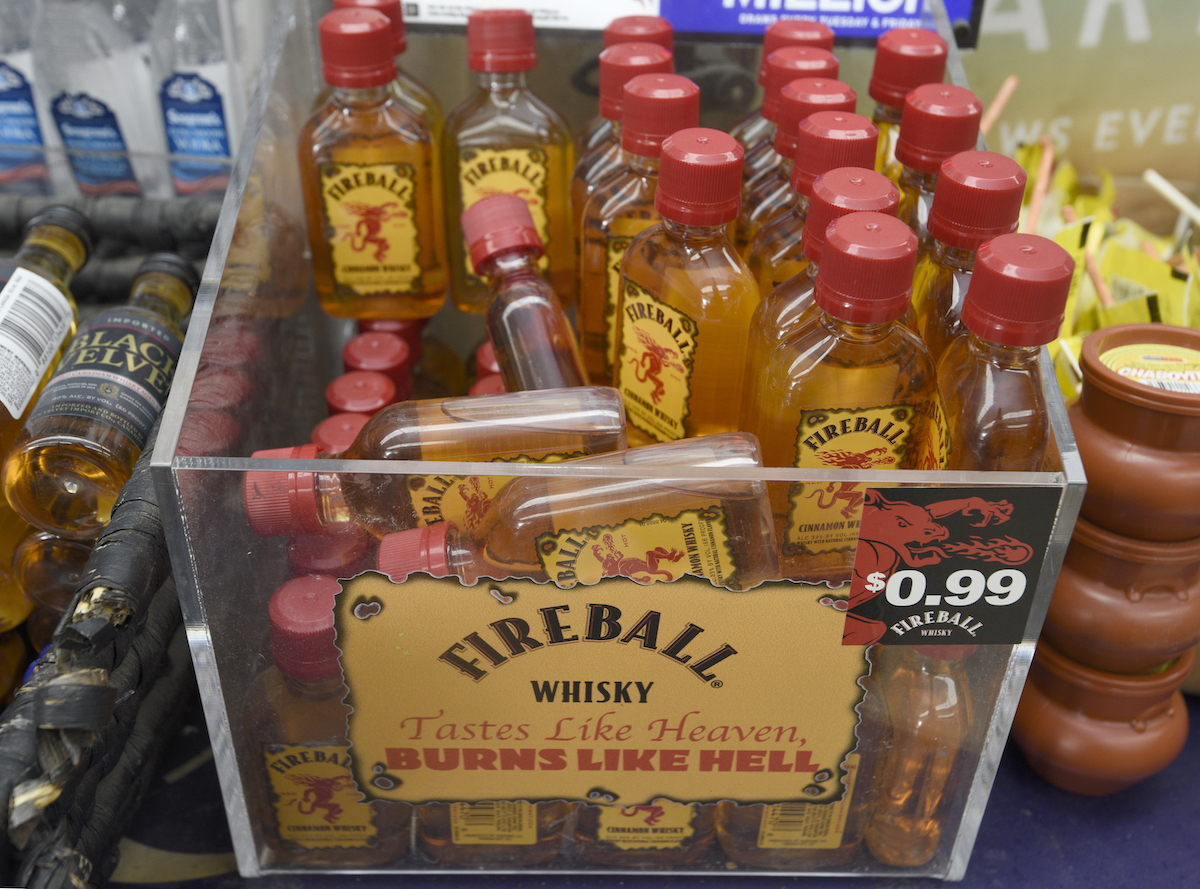Santa Barbara to Consider New Liquor Store Rules
Most Public Speakers Support Proposed Ordinance but Not Police Enforcement

Seven members of the public Zoomed in Tuesday for a meeting of the City of Santa Barbara’s Ordinance Committee to discuss a proposed new set of code requirements for places that sell alcohol such as mini marts, gas stations, and wine stores. What was important to the majority of the speakers was that whoever responded to complaints of violations be someone other than the police.
A similar request had been made at earlier presentations of the proposed ordinance to the Planning Commission, which has the authority to revoke a business license for a shop that persistently breaks the rules, such as selling to minors or to people who were clearly inebriated, or placing less-expensive mini-bottles of distilled alcohol on counters where they were considered overly enticing to both customers and thieves.
The city cannot revoke an alcohol license, which is a state-level license. It can, however, regulate performance standards like displays, littering, the size of alcohol advertisements in windows, or how close displays are to a door. The new ordinance would apply to new applications for sales of wine, beer, and distilled spirits and require a conditional-use permit that would examine if the proposed location would disturb the crime rate or come within 500 feet of sensitive areas such as schools, churches, or rehab treatment centers. For the 141 existing liquor sales establishments in the City of Santa Barbara, they all had grandfathered status. That is unless, said Assistant City Attorney John Doimas, they were so persistently a nuisance — despite efforts to get them to comply through conversations, violation citations, chances to abate, and fines — that they needed a conditional-use permit to be allowed to sell alcohol once their license was revoked.
Information on new liquor licenses goes to the Police Department from California’s Alcohol Beverage Control, which was one reason police were the first on the list for enforcement. When the ordinance goes to council, the committee asked Doimas to include information on other “impulse purchase” placement in a store, a means for the community to make a complaint, and — given the comments from several members of the Future Leaders of America, who all supported the ordinance — potential enforcement through the Community Development Department instead of the Police Department. “I would not want to adopt this at the council without knowing the answer to that question,” Councilmember Michael Jordan said.



